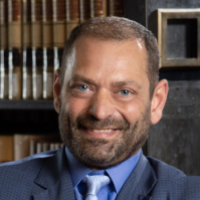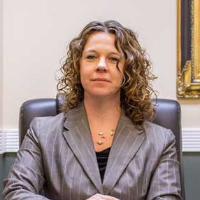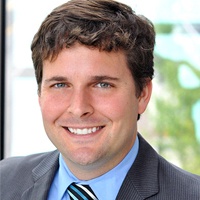Middletown Misdemeanor Lawyer, Ohio
Roger Bouchard
✓ VERIFIEDDUI-DWI, Misdemeanor, Felony
Bouchard Law Office
Hi! I am Roger Pierre Bouchard. ➤ My credible history of success is directly related to extensive experience in assisting senior counsels, firm lea... (more)
Stephenie Nichole Lape
✓ VERIFIEDCriminal, DUI-DWI, Misdemeanor, Felony
Stephenie Lape is the quintessential attorney. She is intelligent, extremely hardworking, and brutally honest. Stephenie comes from a long line of att... (more)
Bradley J. Groene
✓ VERIFIEDCriminal, Felony, Misdemeanor, DUI-DWI, White Collar Crime
Cincinnati native Bradley J. Groene is a compassionate and industrious legal advocate who has been practicing law in the greater Cincinnati metropolit... (more)
Richard R. Campbell
DUI-DWI, Misdemeanor, Felony, Criminal
Status: In Good Standing Licensed: 14 Years
FREE CONSULTATION
CONTACTFREE CONSULTATION
CONTACT




